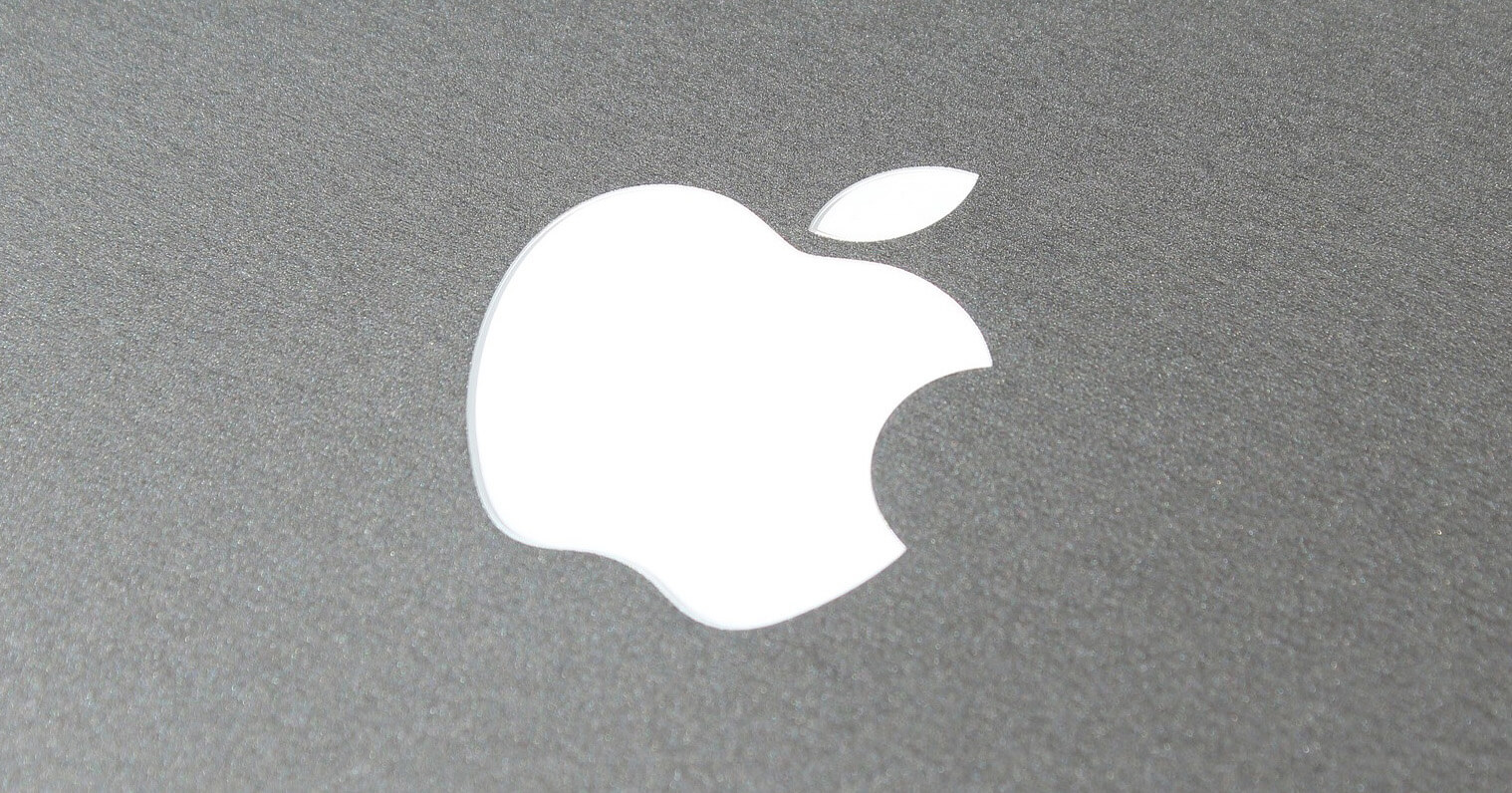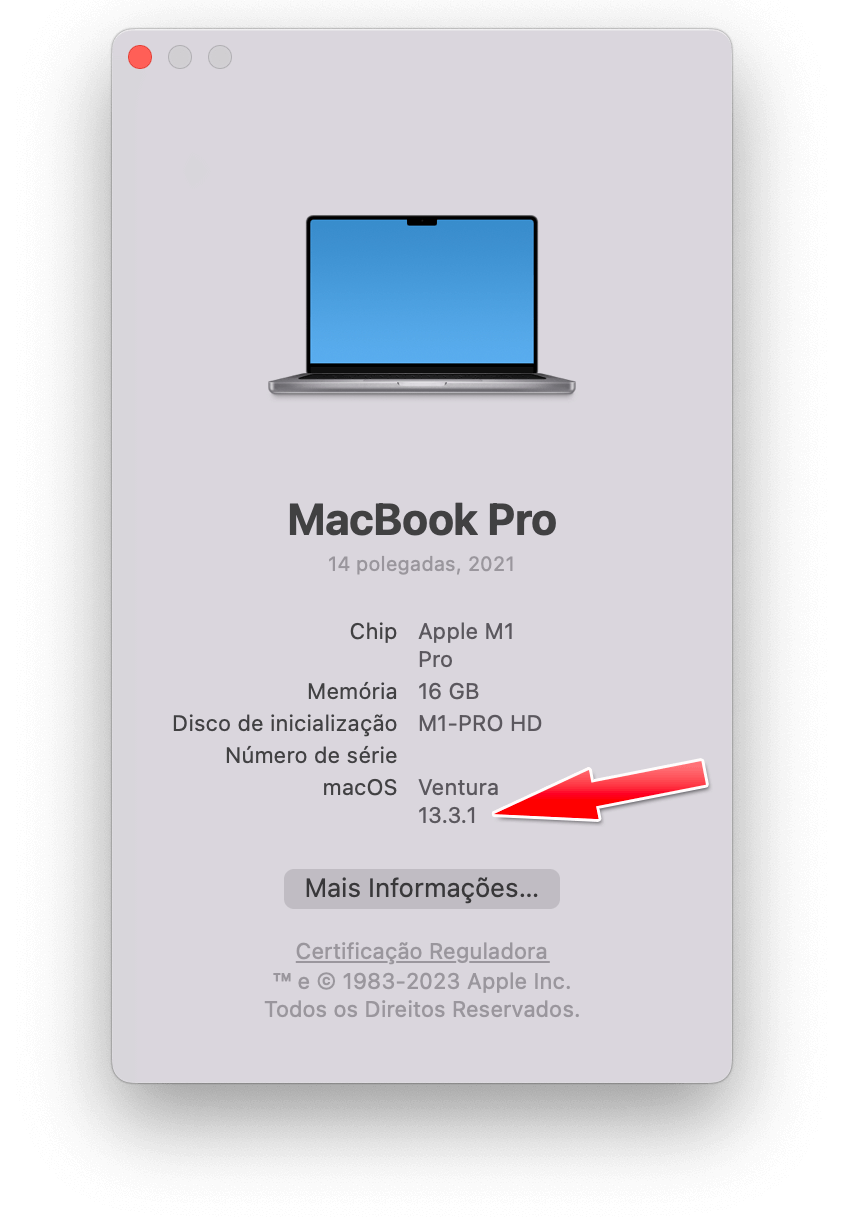Curious to know the name of the latest iOS for Mac? Well, first of all, you need to understand that the system running on Mac computers is not iOS but macOS. And you will see in this guide a list with all the versions already released to this day.
Since its inception in 2001 with the release of OS X 10.0 Cheetah, Apple’s macOS has come a long way, revolutionizing the operating system landscape for Mac computers.
With each iteration, Apple has introduced new features, enhanced security, and improved performance.
Let’s take a journey through time and explore the evolution of macOS, from its early days to the latest release, Ventura.
The Evolution of macOS
Apple’s commitment to innovation and user experience is evident in the progression of macOS. Over the years, macOS has undergone significant changes, both in terms of design and functionality.
From the elegant and feature-rich OS X 10.4 Tiger to the visually stunning macOS 11 Big Sur, each version has brought its own set of improvements.
An overview of all versions of macOS and Mac OS X released by Apple can be found in this guide, including a comprehensive list of the latest release for each OS X and macOS version.
- macOS 13: Ventura – October 24, 2022 (Latest: 13.2.1)
- macOS 12: Monterey – October 25, 2021 (Latest: 12.6.2)
- macOS 11: Big Sur – November 12, 2020 (Latest: 11.7.2)
- macOS 10.15: Catalina – October 7, 2019 (Latest: 10.15.7, Security Update 2022-005)
- macOS 10.14: Mojave – September 24, 2018 (Latest: 10.14.6)
- macOS 10.13: High Sierra – September 25, 2017 (Latest: 10.13.6)
- macOS 10.12: Sierra – September 20, 2016 (Latest: 10.12.6)
- OS X 10.11: El Capitan – September 30, 2015 (Latest: 10.11.6)
- OS X 10.10: Yosemite – October 16, 2014 (Latest: 10.10.5)
- OS X 10.9 Mavericks – October 22, 2013 (Latest: 10.9.5)
- OS X 10.8 Mountain Lion – July 25, 2012 (Latest: 10.8.5)
- OS X 10.7 Lion – July 20, 2011 (Latest: 10.7.5)
- OS X 10.6 Snow Leopard – August 28, 2009 (Latest: 10.6.8)
- OS X 10.5 Leopard – October 26, 2007 (Latest: 10.5.8)
- OS X 10.4 Tiger– April 29, 2005 (Latest: 10.4.11)
- OS X 10.3 Panther – October 24, 2003 (Latest: 10.3.9)
- OS X 10.2: Jaguar – August 14, 2002 (Latest: 10.2.8)
- OS X 10.1: Puma – September 15, 2001 (Latest: 10.1.5)
- OS X 10.0: Cheetah – March 14, 2001 (Latest: 10.0.4)
- OS X 10 beta: Kodiak – September 13, 2000
Notable Milestones
Among the notable milestones in macOS evolution is the release of macOS 10.14 Mojave, which introduced a system-wide Dark Mode, enhanced privacy features, and the new Mac App Store design. It was a significant step forward in terms of aesthetics and user customization.
Another notable release was macOS 11 Big Sur, which brought a radical redesign with refreshed icons, translucent windows, and a control center akin to iOS.
It also marked the transition from macOS 10.X naming convention to macOS 11, aligning it with Apple’s iOS and iPadOS.
How to Check if You Have the Latest Version
To determine the version of macOS installed on your Mac, simply click on the Apple icon in the top left corner and select “About This Mac.”
This will display the current version, allowing you to check if you have the latest release. To update to the latest version, navigate to System Preferences, click on Software Update, enable the option to download new updates, and install macOS updates.
How to install the latest version of macOS
To check for software updates in Ventura, Monterey, Big Sur, Mojave, or Catalina:
- Go to System Preferences.
- Click on Software Update.
- Enable the option to Download new updates when available.
- Check the box for Install macOS updates.













